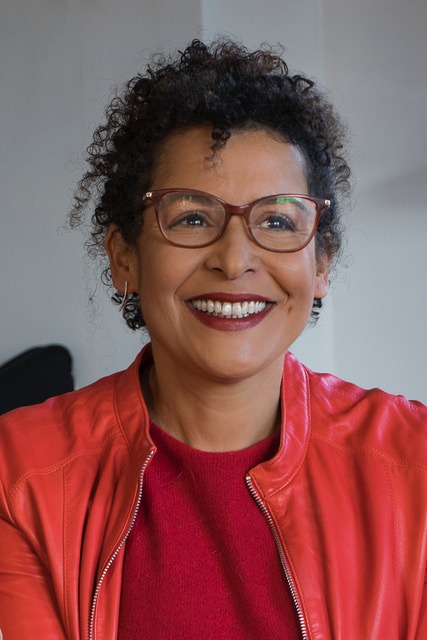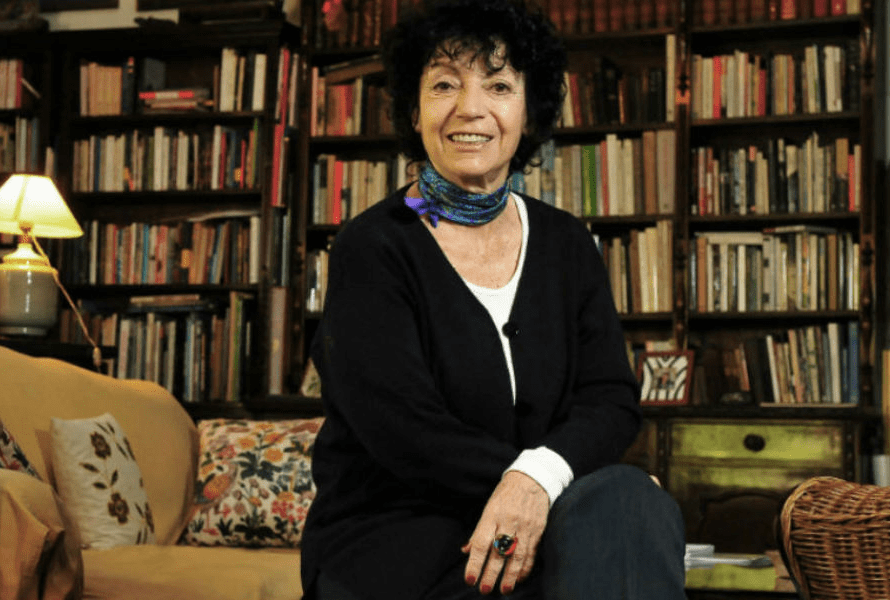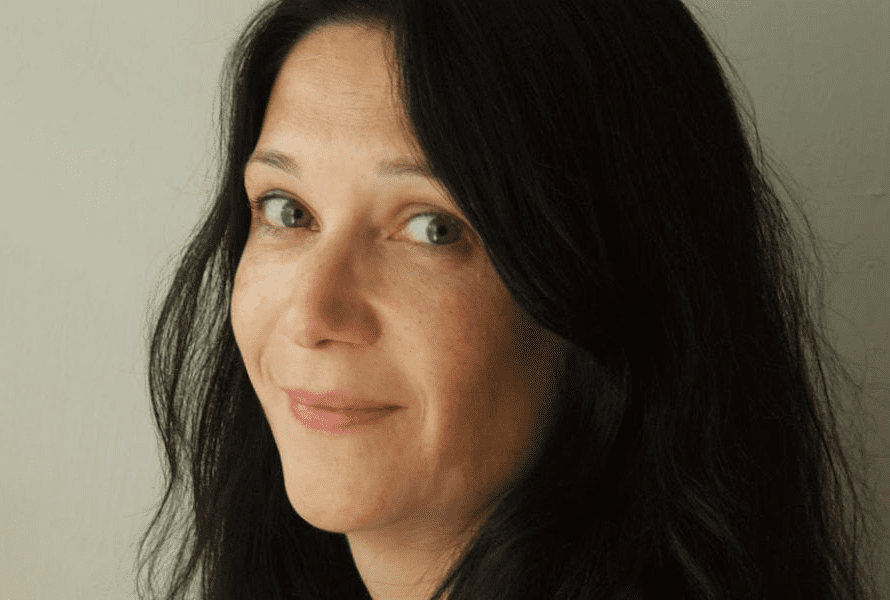The journalism master class at UTV 2024 will be led by award-winning journalist Mariane Pearl. Check out this exclusive interview with Under the Volcano.

What books are you currently reading?
Right now, I am reading a book called The Goldfinch by Donna Tartt, which won the Pulitzer Prize for Fiction. I really enjoy her writing and being privy to her imagination. She’s a neo-romantic novelist who excels at portraying the subtlety of human character. I love this feeling when you can’t let go of a book and she definitely provides that sensation.
What books do you return to over time? Why?
There are two novels that I was never able to forget and that I return to regularly, A Fine Balance by Rohinson Mistry, who writes about street life in Mumbai and the struggle to survive there when you are poor and from a lesser caste. I read it when I lived in Mumbai myself and I was in awe of how he captures the life of his characters: the Dalit workers, the ever-anonymous servants, and the slum dwellers. I would see these people all the time, but it was difficult to get close to them or share their daily lives because of how the caste system partitions society in India. This novel makes me cry, and not that many books have had this effect on me. A History of Love by Nicole Krauss is another beautiful novel that also affected me deeply. It’s about love and loneliness in which a missing book reappears, mysteriously connecting an old man searching for his son, longing for his lost love in Poland, and a girl seeking a cure for her widowed mother’s loneliness. The man’s name is Leo Gursky. I love that he taps his radiator each evening to let his upstairs neighbor know he’s still alive. To me, this book celebrates the way literature has a unique way of capturing what it is to be human.
Which three writers, dead or alive, would you like to have coffee or drinks with? Why?
Kurt Vonnegut. I have always been a big fan of his. The day he died, I was in Los Angeles. I went to my favorite bookstore called A Small World on Venice Beach and bought all his books, which I later gave as presents, as I already had them, but it felt as if I had lost a close friend. He’s one of the writers who made me fall in love with writing and literature.
Margaret Atwood. I love her free spirit. She can dive deep into the human psyche while maintaining a refreshing sense of humor. I love her perspective on feminism. I think she’s one of the greatest minds alive.
Victor Hugo. My all-time favorite. I devoured all his books when I was a teenager. His prose is simply magnificent. He elevates you with words. I feel that he shaped a lot of who I am today, allowing me to maintain idealism even in the midst of despair. I still live by a lot of his quotes.
Do you have a secondary passion or talent apart from writing that might surprise people to know about?
I am a Buddhist and have been for almost 40 years. It is the backbone of who I am today. It allows me to stand on firm ground and explore who I am, and it inspires me to grow as a person. It’s no joke. I chant twice a day, so it’s a real commitment, a passion perhaps, and it certainly helps me to develop humanistic talents that I try to apply in my everyday life.
What was your moment of greatest despair as a writer and how did you get out of it?
Sometimes, when writing a book or a long piece of journalism the task at hand may appear overwhelming, especially when your structure is a bit loose. In such cases, I hang on to the analogy of rock climbing. You must proceed slowly but steadily, making sure your grasp is firm as you look for step-by-step strongholds. You also must agree that you won’t see the whole landscape as you go. For a while, you’ll only see the rock in front of you, maybe a bit of vegetation, and you’ll sense the void beneath you that urges you to keep going upward. Add to this the fact that first drafts are usually messy, and that’s frustrating when you tend to be a perfectionist. Most of us want to get it right immediately. When I can’t find the right words or the right analogy, for the life of me, I let go for a while and try to find a flat rock where I can rest, before pursuing my journey. Call a friend, walk the dog, go for a swim, light a candle, eat chocolate, take a nap, whatever works for you, then go back to work.
If you could offer three tips to writers, what would they be?
First, don’t be afraid to dive deep. It sometimes hurts but that’s where the good stuff lies. To find that connection we are pursuing as writers you must bare your soul, which also means you can’t escape yourself. A lot of people spend a good amount of time fleeing from themselves.
Second, it’s natural to have doubts and self-doubts. It’s important to accept these phases beforehand so you know how to deal with them when they appear. Also, try to be compassionate with yourself when that happens. You might have written bad stuff that day. That doesn’t mean you are bad, it means it was a lousy day.
Third, when you do feel that joy inside because you have nailed a thought or an emotion, pause and celebrate. Nurture your talent that way. We work hard for those moments and somehow overcoming our uncertainties is part of that process. It’s important to find enjoyment when you can and not only when the work is completed and published.



